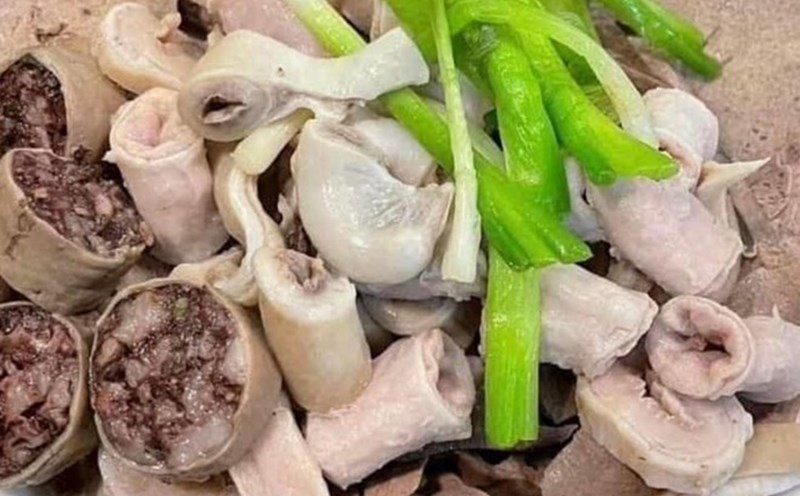Soursop is a nutritious fruit, containing many vitamins C, B, minerals such as potassium, iron, magnesium and fiber. However, for people with kidney disease especially those with kidney failure or weak kidneys eating soursop should be carefully considered.
One of the important principles in the diet of people with kidney disease is to control the amount of potassium taken into the body. Because when kidney function is impaired, the ability to excrete potassium is affected, causing potassium to accumulate in the blood (called hyperkalemia). This condition can cause arrhythmia.
Meanwhile, 100g of soursop contains about 193 mg of potassium, which is not too high, but if eaten regularly or in large quantities, it will cause dangerous accumulation.
The World Health Organization recommends that people with kidney disease should prioritize fruits with low potassium content such as apples, grapes, pineapples, and stay away from fruits such as bananas, avocados, oranges, and soursop if there is a risk of hyperkalemia.
Si druggold also contains a lot of natural sugar (glucose and fructose). For people with weak kidneys, especially those who also have diabetes - one of the leading causes of chronic kidney failure, consuming foods high in sugar can cause blood sugar to increase, making the disease worse.
Although soursop is a delicious and nutritious fruit, for people with weak kidneys or are being treated for kidney disease, they should limit or consult a doctor before eating. Choosing a reasonable food is an essential part of controlling kidney disease and prolonging kidney function.











